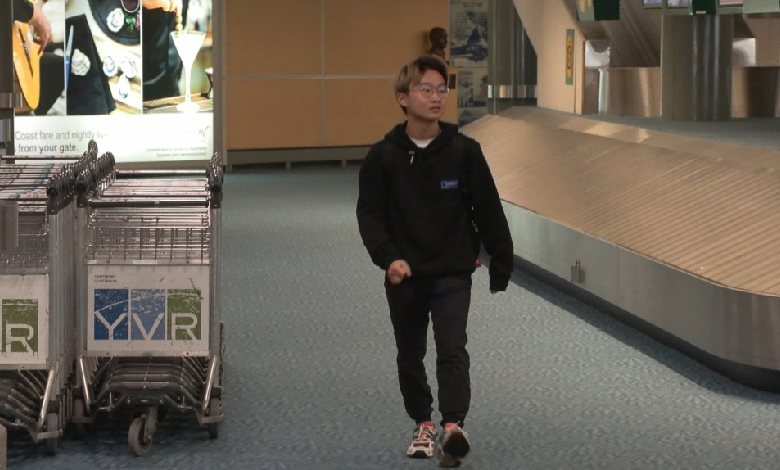Updated: ‘Super commuter’ Tim Chen flies from Calgary to Vancouver as Canada housing crisis keeps rent prices high

Responsible for 2.5% of global carbon emissions, the aviation industry is currently under increasing pressure to re-evaluate business models and make necessary changes to de-carbonise. The transition has become more important than ever as the climate crisis rages on.
The EU’s Copernicus Climate Change Service recently confirmed 2023 as the hottest year on record. In addition, global mean temperature between February 2023 and January 2024 has crossed the 1.5 degrees Celsius threshold above pre-industrial levels.
Global aviation industry must turn a new leaf
In the long term, the aviation sector must move towards clean aviation. The transition must involve a multistakeholder approach that includes airlines, governments, suppliers and technology companies. In the medium term, sustainable aviation fuel could help.
But in the immediate term, airlines must take advantage of digital transformation to make passengers more aware, plan better flying routes, facilitate carbon offsetting, make accurate predictions of demand and even decrease the load factor.
Canada housing crisis making transition seem difficult
The bitter housing crisis in Canada has caused rent prices to spike alarmingly, making it difficult for scores of people to find accommodation in certain cities. Lawmakers have put a renewed focus on making housing more affordable, but experts aren’t optimistic.
Experts predict chronic issues around pricing and supply will keep troubling the country’s rental market in 2024. “I don’t see things getting better in the short term,” Steve Pomeroy at Carleton University told BNNBloomberg.ca as part of an interview.
Pomeroy expects the recent increase in rental construction to partially address the supply shortage in Canada, but stressed that it will take some time for renters to see meaningful changes. He highlighted the need to suppress demand in the short term.
UBC student makes headlines for super commuting
Tim Chen, a student at the University of British Columbia (UBC), has made headlines after sharing that his regular airplane commute to school between Calgary and Vancouver is significantly cheaper than renting a place in Vancouver.
Chen took to Reddit to share his experience and address concerns and questions from some commenters. He calls himself a “super commuter”, noting that he has to travel a couple of days each week for classes. He doesn’t need to pay rent in Calgary as he lives with his parents.
He roughly spends $150 per round-trip flight – coming down to almost $1,200 per month. Meanwhile, a one-bedroom apartment in Vancouver is estimated to cost him around $2,100 per month, much higher than the monthly commutes between the two cities.
The student shared his previous experience of renting a room in a house in Vancouver for about a year, highlighting that he had to encounter a number of problems at the time, including noise issues, conflict in using kitchen and even wifi connectivity.
Furthermore, Chen underscored that “Calgary airport (YYC) is not as crazy and busy as Pearson” and that he hasn’t encountered a single delay for all his flights since January. “I also have nexus card which allowed me to use the faster lane,” he added.
The UBC student noted that he usually gets to the airport right at or 10 minutes before the boarding time and doesn’t have a checked or carry on luggage – just a backpack with his laptop and iPad. “Generally my time spent at the airport … won’t be longer than 20 minutes.”
Read More: UK’s Pembroke Power Station to try carbon capture and storage



